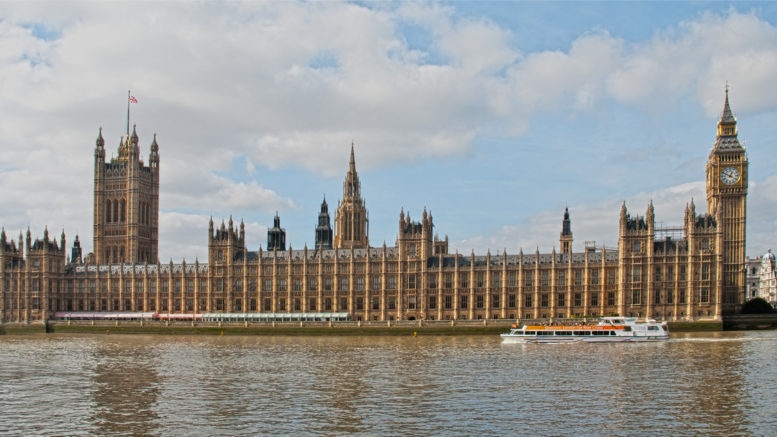The above was a recent headline in ‘Inside Housing’. Landlords forced to fix safety issues? Which landlords are those? No good landlord need be forced to fix safety issues – neglect of these could put tenants at risk and cause deterioration to the property. So what’s the story?
The Homes (Fitness for Human Habitation and Liability for Housing Standards) Bill 2017/2019 is set to have its’ second reading in Parliament on 19th January 2018. Karen Buck, Labour MP for Westminster North, and chair of the All-Party Parliamentary Group on Legal Aid, introduced this as a private members’ bill in July 2017; this is obviously a major concern of Ms Buck, who had previously tabled the Homes (Fitness for Human Habitation) Bill 2015/2016. This failed, because of the opposition of Conservative MPs.
The new legislation on safety issues, should it be enacted, would build in the provisions of the earlier Bill, but would extend it to social tenants as well as private renters. Private renters have had the HHSRS (Housing Health and Safety Ratings System) legislation since the Housing Act 2004 and may be surprised that further legislation is needed. However, they will welcome the fact that local authorities and housing associations will now also be subject to the legislation, when previously, reports to the local authority of poor conditions in council or housing association property were met with ‘it’s a conflict of interest’.
Councils and housing associations tenants would be able to force their landlords to rectify category one hazards – that is, something that poses a serious risk to health. This includes exposed wiring, broken boilers and very heavy mould build-up. This would apply not only to individual units of accommodation but also to problems within the building, should there be more than one unit in the property.
The HHSRS legislation has been protecting private sector tenants for 13 years, and private sector landlords would be justified in thinking that no further legislation on safety issues would be required for their tenants. A tenant can contact Citizens Advice, Housing Aid Centres or Shelter, if they are experiencing a poor repairs service.
However, Giles Peaker of the law firm, Anthony Gold, who is helping draft the new bill, has said ‘For private tenants, technically the local authority can take action. But in practice, it’s enormously variable and most authorities are not doing it’. The efficacy of HHSRS has been limited by the cuts which have taken place in all local authorities; enforcement teams have found proactive work difficult with the reduced staff available. Will they be able to act reactively to handle the complaints made by private sector tenants and the social sector tenants?
With regard to tenants making complaints, there is a huge difference between social and private tenants. Social tenants have a much higher degree of security; with their Secure or Assured tenancies, they know that if they pay the rent and do not commit or allow anti-social behaviour in the property, they are unlikely to be evicted, so can report hazards with impunity. Private sector tenants will always feel their vulnerability, fearing that a complaint could lead to eviction.
Whilst there is some protection from that in the measures introduced by the Retaliatory Eviction and the De-Regulation Act 2015, how many tenants in what can be short-term housing, will be aware of this? I suspect very few.
Legislation is important, but even more so is the need to educate tenants, whether social or private sector, so they know what the legislation can and can’t do.
For advice on buy to let issues – General Knowledge








Be the first to comment on "Bill to Force Landlords to Fix Safety Issues"